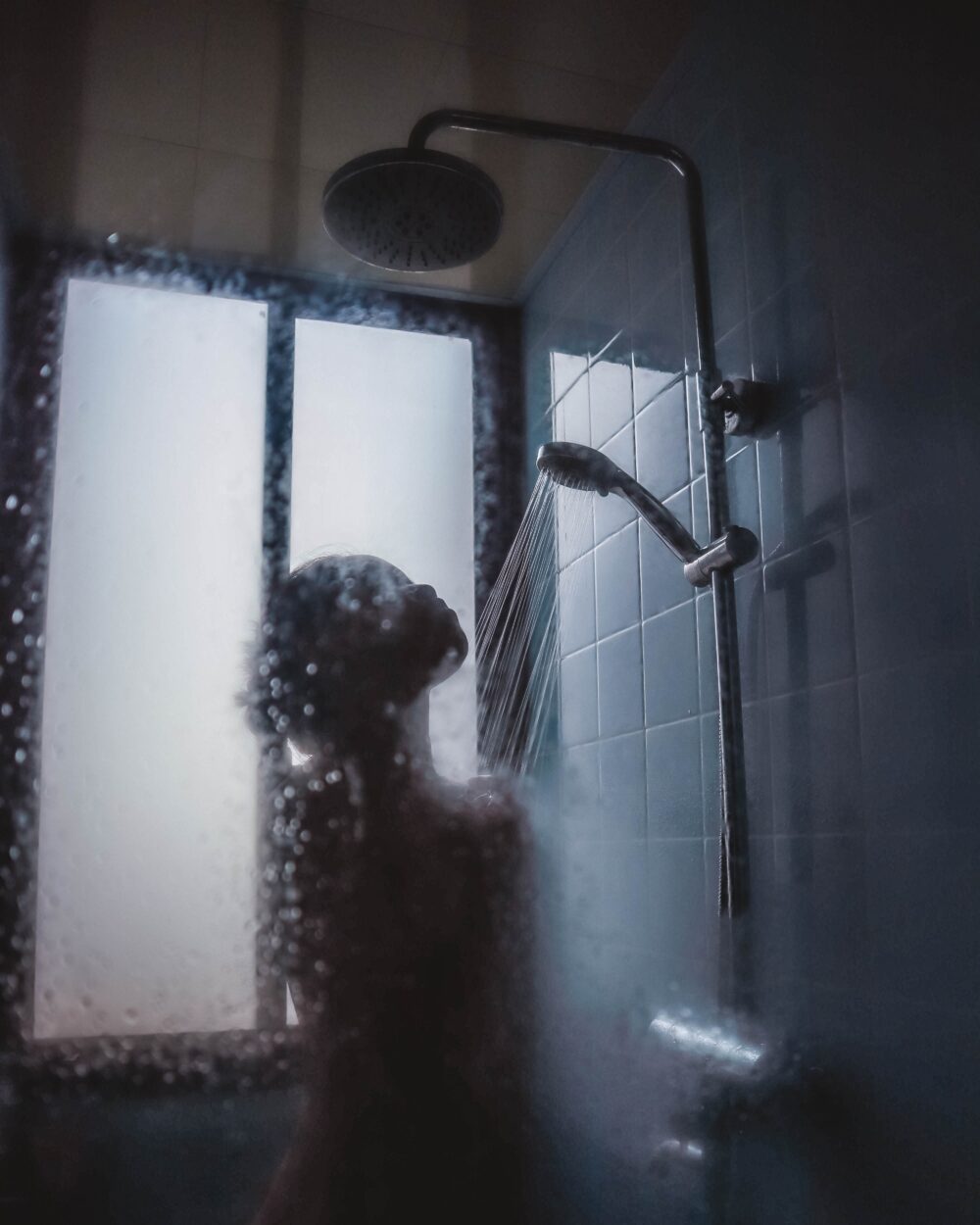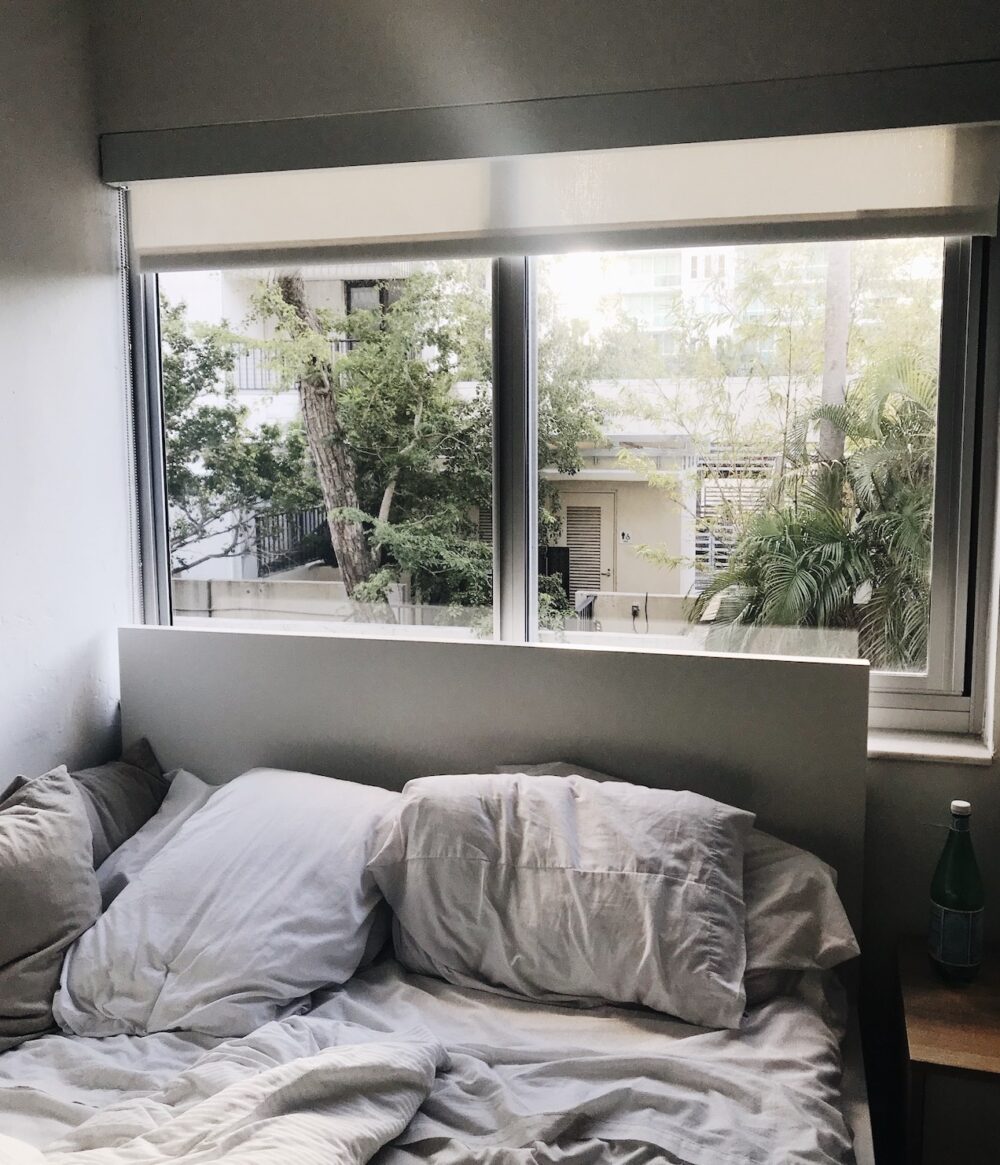How To Sleep Better During Allergy Season
4 min read
Last Modified 17 January 2024 First Added 12 April 2017
As the temperature rises, we spend more and more time outdoors. Although spending time outdoors has so many benefits and is very enjoyable, it does come with some unfortunate results such as hay fever.
Those who suffer from allergy season know all too well how pollen can affect their day-to-day lives and sleep is no exception. Allergies at night are very disruptive to our sleep. And we are here to help with some sleep advice, read our tips on how to sleep with hay fever and allergies.
Seasonal allergies occur when airborne pollen from trees, flowers, grasses and weeds enters the body through the nose, eyes or mouth.
One thing that is significantly affected by hay fever is sleep. Hay fever sufferers are kept awake by breathing difficulties, sneezing and nose-blowing, which can result in significant daytime sleepiness and fatigue.
In one study, only 17% of patients with allergies rated their sleep as optimal. About half of all people in the study said their allergies woke them up at night and made it more difficult to fall asleep. Many sufferers will notice that hay fever symptoms worsen at night. Some believe that this is because as the temperature cools in the evening there is less hot air rising, and that leaves a layer of pollen-rich air around ground level.
Hay fever affects one in four people in the UK, and, unfortunately, there is no real cure.
Fortunately, there are some measures that hay fever suffers can take to enjoy a better night’s sleep during allergy season.

A great way to ensure you get a better night’s sleep in allergy season is to have a hot, steamy shower before you go to bed to clear your sinuses. Another benefit of showering before bed is any of the pollen that you might have collected on your skin and in your hair during the day will be washed off. This will help clear allergy symptoms immensely.
Allergy Tip: Try a shower with eucalyptus as it is great at clearing the sinuses.
Of course, your bedroom is where you sleep, so for allergy sufferers, it’s worth making the effort to make sure your bedroom is clean. By paying attention to the cleanliness of your home and bedroom you can minimise your hay fever symptoms dramatically.
It is important that you keep your bedroom clean to make sure dust doesn’t build upon areas such as your surfaces and skirting boards as dust will only make allergies worse.
Making sure you stay on top of your laundry routine will reduce the amount of pollen on and in your bed. If you have the room, once you have washed your bedding, dry it in your home.
If you hang your bedding to dry outside there is a very high chance that pollen will land on your bedding, which ultimately results in your allergies acting up while you try and sleep.
Using an air purifier in your bedroom can aid a better night’s sleep. As air purifiers help clear the air, they will reduce any nasty symptoms of pollen in the bedroom. Using an air purifier also helps clear dust mites and mould.
When you get in, remove any clothing that you have worn outside and put it in the washing machine. Once the clothes are clean, avoid hanging them outside as they may pick up pollen, which defeats the object.

This will reduce the likelihood of pollen entering your bedroom. Although we love fresh air, during allergy season, this is the best way of ensuring you are not inviting allergies into your bedroom.
Opting for an over-the-counter anti-allergy medication before bed could drastically help your symptoms. Please contact your doctor for any advice on what medication is best suited to your needs before taking any.
There have been links between stress and the severity of hay fever symptoms. Stress can keep you awake at night, yet reduced stress levels could mean that your symptoms will become milder. Focusing on this is a no-brainer.
As your mattress gets older, your mattress and pillows collect dust mites, skin cells, sweat and body oils. The dust mites in your mattress can trigger your hay fever symptoms, so it’s important that you keep dust mites at bay. Clean your sheets as often as possible and regularly hoover your mattress to avoid dust mites building up.
It’s also important that you know when you should replace your mattress. It is advised that you replace your mattress every 8 years.